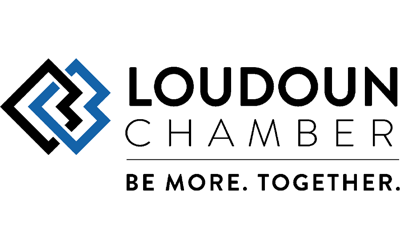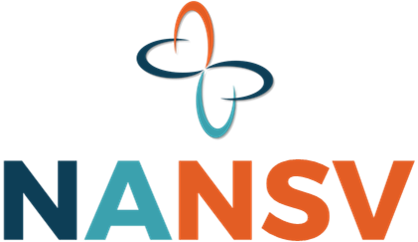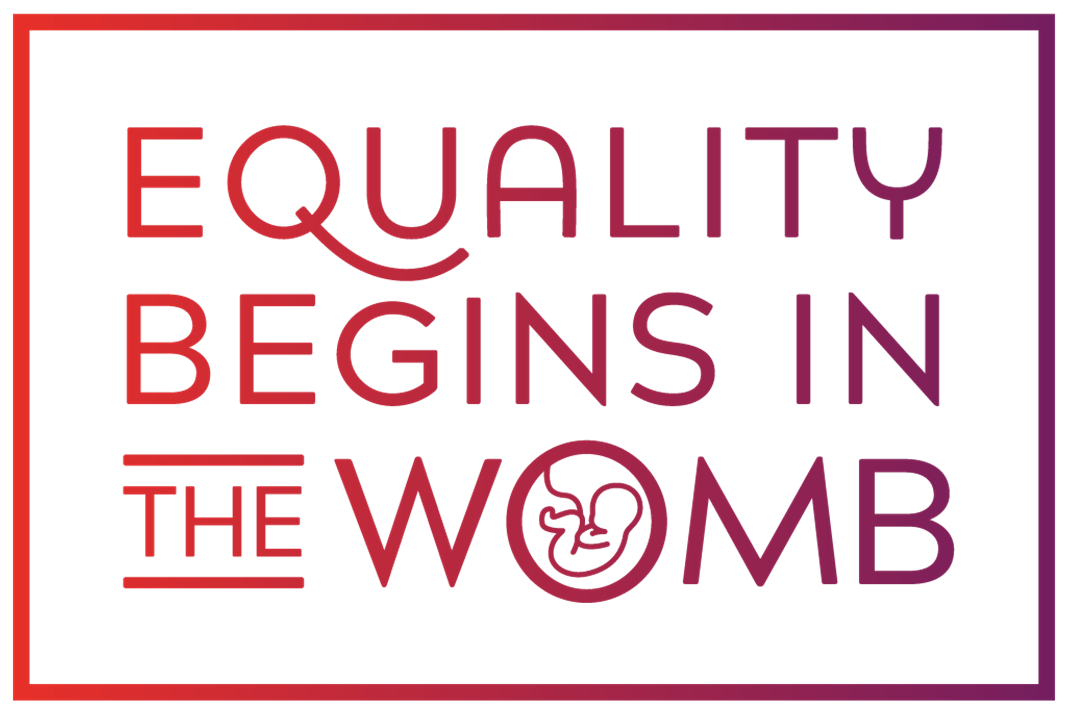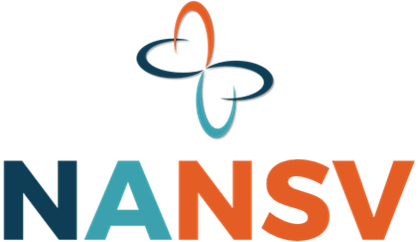
Musings on the "Selfie Generation"
The dreaded Millennials are here to stay, and we have to manage them
Originally published May 11, 2016
Everybody’s got something to say about the "new generations" (Millennials, for sure, and now "Gen Z"). To get into their heads is to break the code of effectively managing talent over the next decade, as they flood the workforce and disrupt the worlds of the Gen Xers and the Baby Boomers who haven’t yet walked out the door. People in those generations need to learn to co-exist with them, which is always hard when there are age gaps. This younger crowd also has to be managed, though, and it is said that their… umm… “peculiarities” make this a particularly difficult challenge.
Why do people say this? What makes the "new wave" so scary? We're just learning Gen Z, but we do know some things about their predecessors. For example, in a recent discussion at the presenter said they were “good at not knowing.” In another conversation, a friend (a Millennial herself) confirmed they “crave affirmation.” Reflecting on those points and the multitude of things other people have said, the thought occurs that a good portion of this group wants to be validated at all costs, including when they are wrong (even if they don't know that), and they will go to great lengths to achieve this.
Making generalizations about generations isn't always wise, but there's enough evidence to say that, like any group of people, these folks have opinions. They are not necessarily based on worldly experience. The difference between many members of the Millennial generation (now well-established in the workforce) and others when they were growing up is that a fair representation appears be quite adamant about their positions, reluctant to consider that they might be incorrect, and willing to take extraordinary measures to bring others around to their points of view. They don’t just want to be heard. They demand to be affirmed.
Passionate people are generally a benefit to the workforce. Passionately wrong people, however, are not. We’ve all seen them, and while they aren't confined to the Millennial generation, they seem to be more prevalent within it. Convinced they are right, they don’t listen, and then they go off and do things their way. When pressed, they "double down" or "shut down," and can become toxic, dead weight, and a drag on morale. When the stars align (that is, when they agree with you) their work can be wonderful. When they don’t, it isn’t, and they won't be quiet about what they perceive as their managers’ stupidity.
Are Millennials as a whole a train wreck for us old folk? Not necessarily. Again, group stereotypes hide the many real, consequential differences among their members. The generational age range is wide, and those at the top end likely aren’t the same as those at the bottom. And there are many variables, such as geography, upbringing, experiences, etc. Take, for example, the fact that some older Millennials are now leaving military service and coming into the civilian workforce. Attitudes and perspectives prevalent in that group are probably going to be different than other generational peer subsets.
What does this mean for managing Millennials? Stressing that not everyone's the same, we can still find commonalities that greatly impact the talent pool. Maybe, though, it's best to think beyond generational labels and deal with the individuals. This means stepping away from the "fear" and turning back to tried-and-true talent management principles: Hire right and hold people accountable. Be selective not only for the skills you need, but also for the “intangibles” (e.g., worldviews and motivations of job candidates). Lose “separation anxiety,” and take action when performance isn't up to par. In other words, manage.
“But… but… social media! Technology! Millennials are special and need special motivators!” Well, the truth is that you can’t motivate someone who’s primary motivation is having their positions affirmed, especially when those positions are off base. Like anyone of any age, you motivate Millennials by finding the ones who connect with and commit to your mission, whether that mission gets advanced their way or yours. Don’t be a prisoner to generational assumptions. The right people are still out there in the labor market, and you can find them. You just need to know what attributes matter, and you can’t compromise.
Learn More and Share Your Experiences
Contact us about this topic. We'd love to tell you more and find out what you're seeing too!
Read Other Posts



















